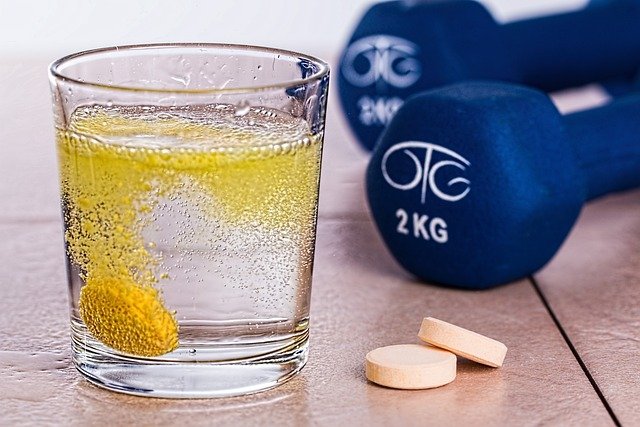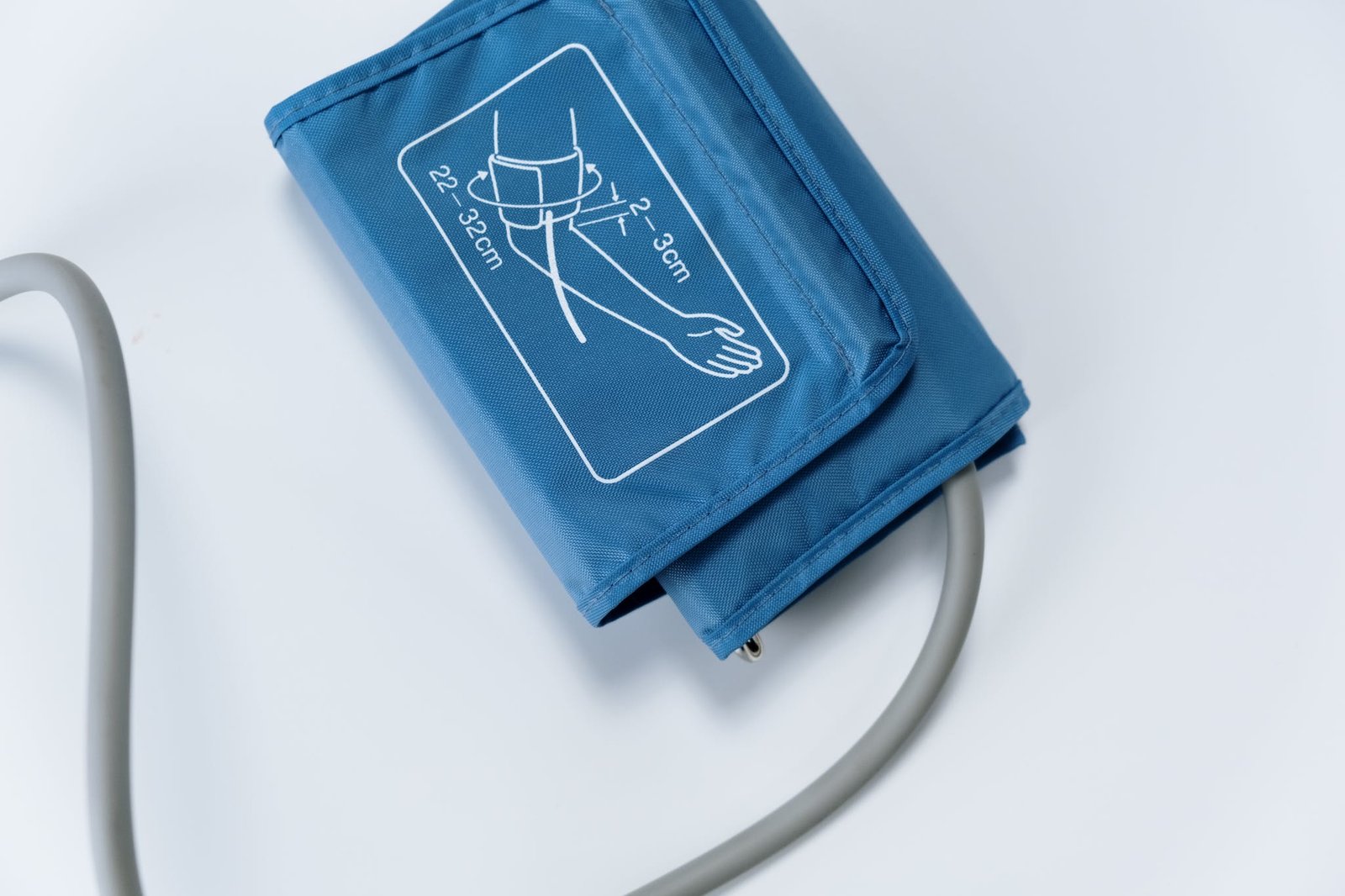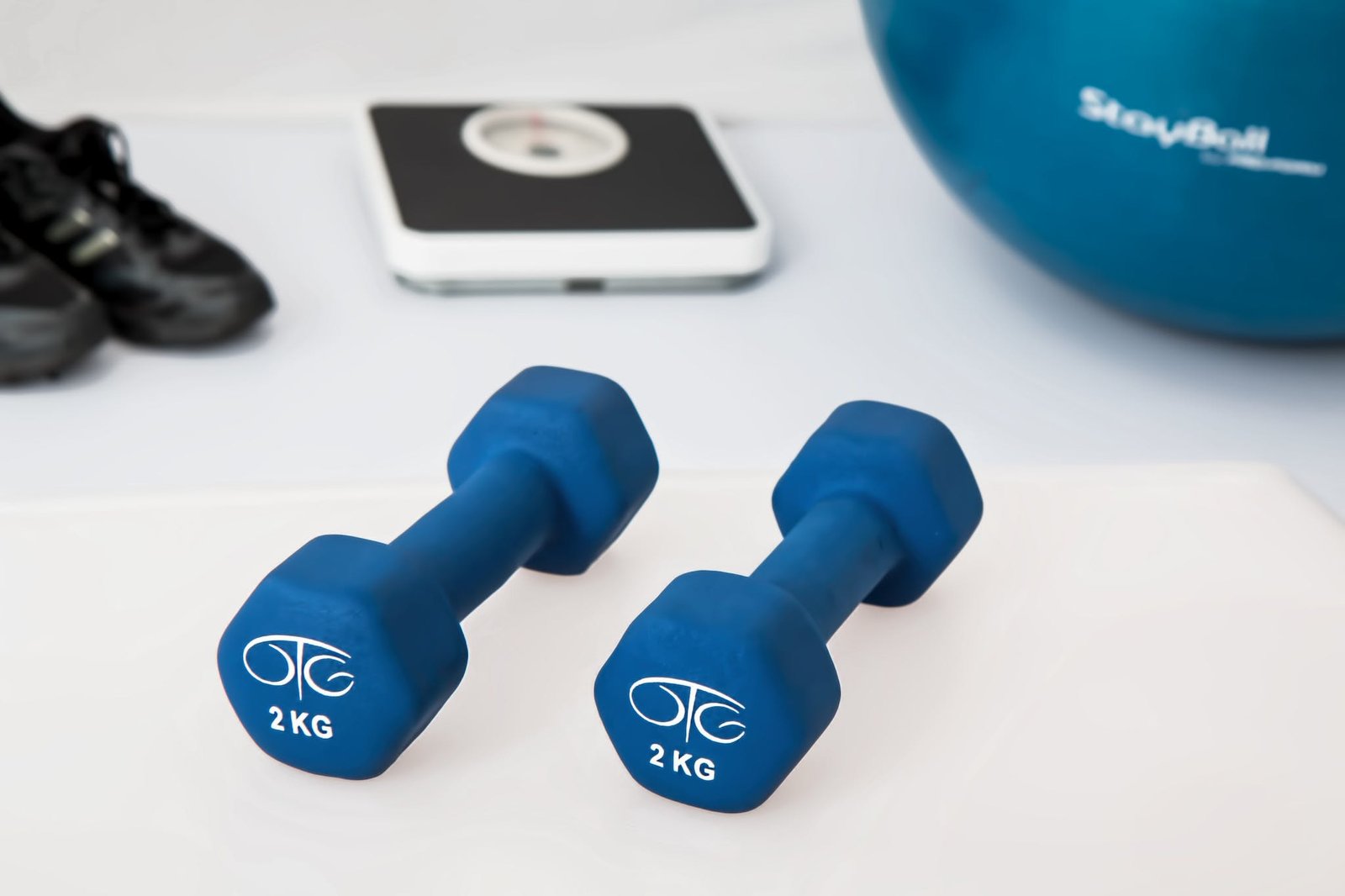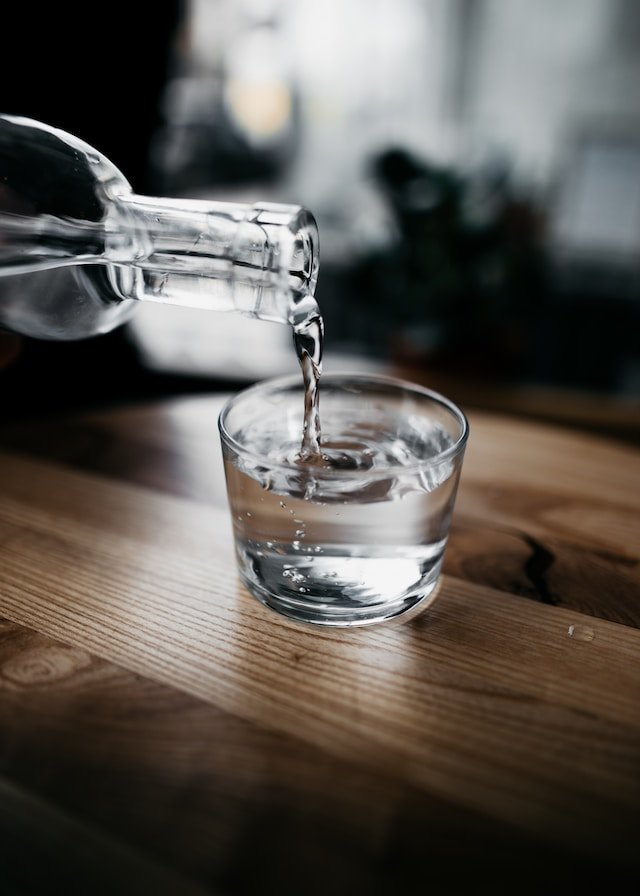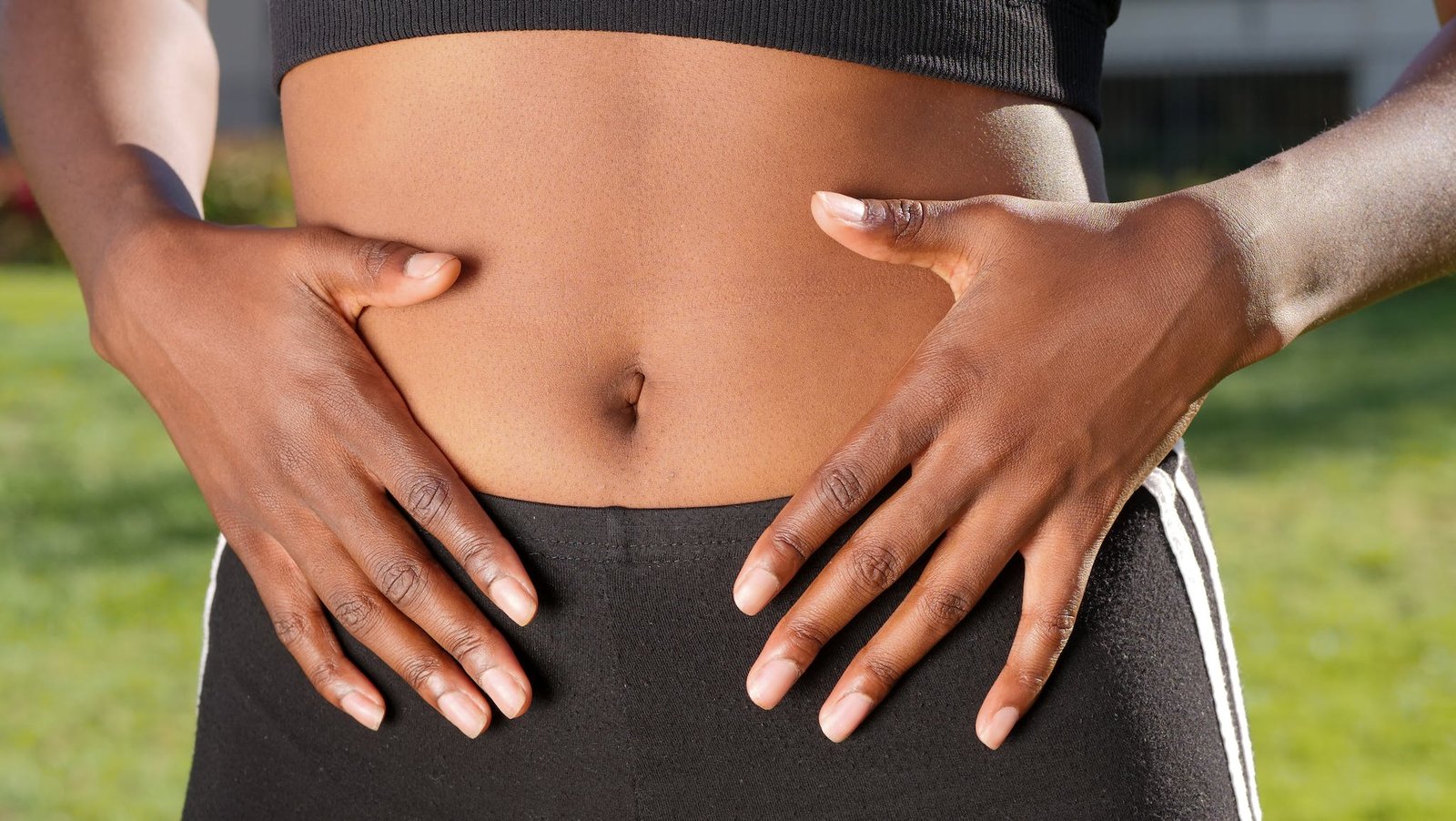Different Ways Water Benefits Your Entire Body
There are some affiliate links below, but they are all products I highly recommend. For more info, view my disclosure here.
Did you know that water does so much more for your body than just quench your thirst? It’s true!
Water plays a vital role in keeping your entire body functioning at its best.
From hydrating your cells to promoting healthy digestion and circulation, water is a powerhouse when it comes to supporting your overall well-being.
We’ll explore the different ways water benefits your entire body and why staying hydrated is crucial for your health.
Hydration and Cellular Function
You need to stay hydrated so that your cells can function properly. Water is essential for maintaining the balance of fluids in your body. It helps in the transportation of nutrients and oxygen to your cells and removes waste products. When you’re dehydrated, your cells are unable to carry out these vital functions efficiently.
Water is also crucial for maintaining the integrity of your cell structure. It acts as a lubricant, keeping your joints flexible and reducing the risk of injuries. Water helps in the regulation of body temperature, allowing your cells to function optimally. When you’re dehydrated, your body struggles to regulate its temperature, leading to overheating and discomfort.
Furthermore, water plays a vital role in digestion. It helps break down food particles and facilitates the absorption of nutrients in your intestines. Without proper hydration, your digestive system can’t function effectively, leading to issues such as constipation and indigestion.
Improved Digestion and Nutrient Absorption
Drinking enough water helps your body digest food more efficiently and absorb essential nutrients. When you consume food, your body begins the complex process of breaking it down into smaller components that can be absorbed and used by your cells. Water plays a crucial role in this process. As you drink water, it helps soften and dissolve the food in your stomach, making it easier for your digestive enzymes to break it down. This allows your body to extract the necessary nutrients more effectively.
Water also aids in the absorption of these nutrients. After your food is broken down, the nutrients are released into your small intestine, where they’re absorbed into your bloodstream. Water helps transport these nutrients across the intestinal lining and into your cells. Without enough water, this process can become sluggish, leading to poor nutrient absorption and potential deficiencies.
Staying hydrated not only improves digestion and nutrient absorption but also helps prevent constipation. Water adds bulk to your stool, making it easier to pass through your digestive system. It also helps keep your intestinal muscles functioning properly, promoting regular bowel movements.
Support for Healthy Circulation
To maintain healthy circulation, it’s important to keep your body properly hydrated. Water plays a crucial role in supporting your circulatory system and ensuring that blood flows smoothly throughout your body. When you’re dehydrated, your blood becomes thicker and more viscous, making it harder for your heart to pump it efficiently. By drinking enough water, you can help maintain the optimal consistency of your blood, ensuring that it can flow easily through your blood vessels.
When you’re properly hydrated, your blood volume increases, which in turn helps to maintain healthy blood pressure levels. This is important because high blood pressure can strain your arteries and lead to serious health problems such as heart disease and stroke. By staying hydrated, you can help prevent these issues and promote overall cardiovascular health.
Furthermore, water also helps to transport oxygen and nutrients to your cells, which is essential for maintaining a healthy circulatory system. When your body is dehydrated, these vital substances aren’t efficiently delivered to your cells, which can lead to fatigue, weakness, and poor circulation. By drinking enough water, you can support the proper functioning of your circulatory system and keep your body energized and healthy.
Detoxification and Waste Removal
When properly hydrated, waste removal is facilitated by the circulatory system, helping to detoxify your body and maintain overall health. Your body is constantly producing waste as a result of various metabolic processes. These waste products, such as carbon dioxide and urea, need to be removed from your body to prevent buildup and potential harm.
Water plays a crucial role in this process by aiding the circulatory system in carrying waste products to the organs responsible for elimination, such as the kidneys and liver.
By staying properly hydrated, you ensure that your blood remains at an optimal consistency, allowing it to flow smoothly through your vessels and transport waste efficiently. Water also helps to dilute waste products, making them easier to remove from your body. Sufficient hydration supports the function of your kidneys, which are responsible for filtering waste from your blood and producing urine. Adequate water intake helps to prevent the formation of kidney stones and urinary tract infections.
Incorporating enough water into your daily routine is essential for maintaining a healthy detoxification process. So, make sure to drink enough water throughout the day and stay properly hydrated to support waste removal and promote overall health.
Joint Lubrication and Flexibility
Keeping your body properly hydrated helps maintain joint flexibility by lubricating your joints. Water is essential for the health and function of your joints. When you’re dehydrated, the synovial fluid in your joints decreases, leading to increased friction and stiffness. By drinking enough water, you can ensure that your joints are properly lubricated, allowing for smooth and pain-free movement.
Water also plays a crucial role in maintaining the elasticity of your tendons and ligaments. These connective tissues are responsible for connecting your muscles to your bones and stabilizing your joints. When you’re dehydrated, these tissues can become dry and brittle, making them more prone to injury. By drinking an adequate amount of water, you can keep your tendons and ligaments hydrated, allowing them to maintain their flexibility and strength.
In addition, staying hydrated can help prevent the development of common joint conditions such as arthritis. Proper hydration helps to flush out toxins and waste products from your joints, reducing inflammation and promoting overall joint health. By keeping your joints well-lubricated and free from harmful substances, you can improve their flexibility and reduce the risk of pain and stiffness.
Enhanced Brain Function and Mental Clarity
Drinking enough water throughout the day can improve your brain function and mental clarity. Your brain is made up of about 75% water, so staying hydrated is essential for optimal cognitive performance. When you’re dehydrated, your brain cells shrink, which can lead to decreased focus, poor memory, and reduced mental acuity.
Water plays a crucial role in maintaining the balance of electrolytes in your brain, which are essential for transmitting signals between nerve cells. By staying hydrated, you ensure that these signals are sent efficiently, enabling your brain to function at its best.
Furthermore, adequate water intake supports the production of neurotransmitters, which are chemicals that carry messages throughout your brain. These neurotransmitters are responsible for regulating your mood, emotions, and cognitive functions. When you’re well-hydrated, your brain can produce and release these neurotransmitters effectively, promoting mental clarity and a positive mindset.
Water helps to flush out toxins from your body, including your brain. It acts as a natural detoxifier, removing waste products and providing a clean environment for your brain cells to function optimally.
Regulation of Body Temperature
Now let’s talk about how water helps regulate your body temperature.
When you get too hot, your body sweats to cool down. Sweat is made mostly of water, and as it evaporates from your skin, it takes heat with it, helping to lower your body temperature. This is why it’s important to stay hydrated, so your body has enough water to produce sweat and maintain a normal temperature.
On the other hand, when you’re feeling cold, your body works to keep you warm. It does this by constricting blood vessels near the skin’s surface to reduce heat loss. However, this can make you feel chilly. Drinking water can actually help in this situation too. When you’re properly hydrated, your blood volume increases, which helps to distribute heat more efficiently throughout your body, keeping you warm.
So, whether you’re trying to cool down on a hot day or stay warm in cold weather, water plays a vital role in regulating your body temperature. Remember to drink enough water throughout the day to support your body’s natural cooling and warming mechanisms.
Stay hydrated and keep your body in balance.
Promotion of Healthy Skin and Hair
To maintain healthy skin and hair, make sure to include enough water in your daily routine. Water is essential for keeping your skin hydrated and supple. When you don’t drink enough water, your skin can become dry and dull, leading to an increased risk of wrinkles and other signs of aging. Water helps to flush out toxins from your body, which can contribute to clearer skin and a reduced risk of acne breakouts.
Not only does water benefit your skin, but it also plays a crucial role in promoting healthy hair. Your hair follicles require hydration to function properly and produce strong, shiny strands. Drinking enough water helps to nourish your hair from the inside out, preventing dryness, brittleness, and split ends. It also aids in maintaining a healthy scalp, reducing the risk of dandruff and itchiness.
To ensure that you’re getting enough water for your skin and hair, aim to drink at least 8 glasses (64 ounces) of water per day. You can also increase your water intake by eating water-rich foods such as fruits and vegetables. Remember, healthy skin and hair start from within, so make hydration a priority in your daily routine.


